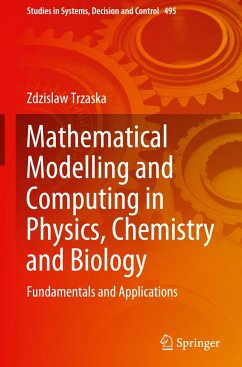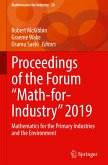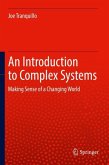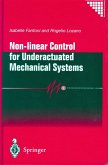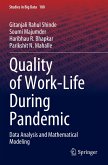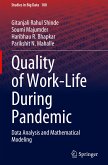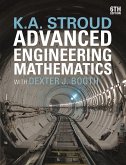This book keeps an eye in the direction of applications of advanced and high performance scientific computing in describing the behavior of natural and constructed systems, e.g. chaos, bifurcation, fractal, Lyapunov exponent, period doubling, Poincaré map, strange attractor etc. With the aid of powerful computers the modem theory of chaos and its geometry, the fractals, and attractors are developed. The concepts of object oriented computing are introduced early in the text and steadily expanded as one progresses through the chapters. The beginning of each chapter is of an introductory nature, followed by practical applications, the discussion of numerical results, theoretical investigations on nonlinear stability and convergence.
This is the first complete introduction to process modelling and computing that fully integrates software tools - enabling professionals and students to master critical techniques hands on through computer simulations based on the popular MATLAB environment. The book offers a simple tool for all those oscillations that are travelling through the world, helping them discover its hidden beauty.
Many applications as well as results of computer simulations are presented. The center of concern is set on existing as well as emerging continuous methods of investigations useful for researchers, engineers and practitioners active in many and often interdisciplinary fields, where physics, electrochemistry, biology and medicine play a key role. Coverage includes:
- Dynamic behavior of nonlinear systems,
- Fundamental descriptions of processes exhibiting nonlinear oscillations,
- Mechanism and function of structures of nonlinear oscillations' patterns,
- Analysis of dynamical oscillations in electric circuits and systems,
- Artificial intelligence models of natural systems,
- Nonlinear oscillations in chemistry, biologyand medicine,
- Oscillations in mechanics and transportsystems,
- Oscillations in fractional-order systems,
- Energy harvesting systems from the surrounding environment.
With an insatiable appetite for exploring the surrounding world and doing research, this book can help readers quickly find ways to use new computers and facilitate the quest for greater knowledge and understanding of reality. The reach of novelty of the book ranges from new mathematical ideas to motivating questions and science issues in many subject areas.
This is the first complete introduction to process modelling and computing that fully integrates software tools - enabling professionals and students to master critical techniques hands on through computer simulations based on the popular MATLAB environment. The book offers a simple tool for all those oscillations that are travelling through the world, helping them discover its hidden beauty.
Many applications as well as results of computer simulations are presented. The center of concern is set on existing as well as emerging continuous methods of investigations useful for researchers, engineers and practitioners active in many and often interdisciplinary fields, where physics, electrochemistry, biology and medicine play a key role. Coverage includes:
- Dynamic behavior of nonlinear systems,
- Fundamental descriptions of processes exhibiting nonlinear oscillations,
- Mechanism and function of structures of nonlinear oscillations' patterns,
- Analysis of dynamical oscillations in electric circuits and systems,
- Artificial intelligence models of natural systems,
- Nonlinear oscillations in chemistry, biologyand medicine,
- Oscillations in mechanics and transportsystems,
- Oscillations in fractional-order systems,
- Energy harvesting systems from the surrounding environment.
With an insatiable appetite for exploring the surrounding world and doing research, this book can help readers quickly find ways to use new computers and facilitate the quest for greater knowledge and understanding of reality. The reach of novelty of the book ranges from new mathematical ideas to motivating questions and science issues in many subject areas.

